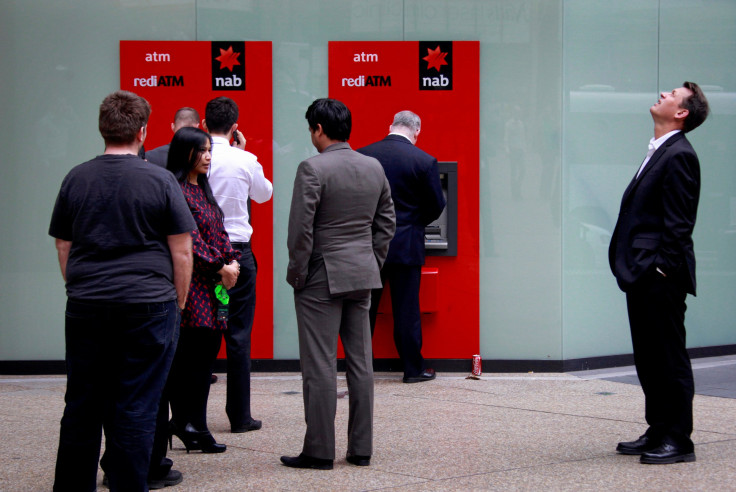US ATM fraud surges despite chip-equipped cards

ATM fraud in the United States surged despite the nation’s move to EMV (Europay, MasterCard and Visa) chip-equipped cards. Based on a study by analytic software firm, FICO, the number of payment cards compromised at US ATMs and merchants climbed 70 percent last year.
The latest data also shows that the number of hacked card readers at ATMs, restaurants and merchants in the US rose 30 percent in 2016. The new figures follow a 546 percent increase in compromised ATMs from 2014 to 2015.
The figures cover only card fraud taking place at physical devices, not online card fraud. At least 60 percent of the compromises occurred at non-bank ATMs, like those in convenience stores. Other cases occurred at bank ATMs or point-of-sale (POS) devices, including card payment machines at retailers.
TJ Horan, vice president of fraud solutions at FICO, said skimming technology and knowhow have improved, with easier access to the general population. Per the FICO’s official website, improved skimming devices have become more accessible. “So we will continue to see increases in compromises and the speed at which they occur," Horan assured.
FICO provided some tips on how to get away from ATM fraud. It suggested that if an ATM looks odd, account holders may consider withdrawing money from a different machine. If the card does not go smoothly as it is being entered in the machine, it may also mean the ATM was compromised.
Do not approach an ATM if a stranger is lingering nearby. FICO also advises bank customers not to talk with others around an ATM. In case the plastic card is captured inside the machine, the public is advised to call the card issuer immediately and report the incident. Some may think the card was captured by the machine, when in fact, its capture was staged by a crook. Customers are advised to request a replacement card and have their captured card blocked as soon as possible.
Moreover, the firm suggests that if you suspect your card has been compromised at a merchant, restaurant or ATM, a new card number must be requested. Changing both the card number and PIN is recommended whenever account holders experience a potential theft of personal information.
The software firm works with banks and card issuers to determine fraud trends and prevent card fraud. FICO's Card Alert Service monitors hundreds of thousands of ATMs and other readers in the country.
Source: YouTube/TomoNews US




















